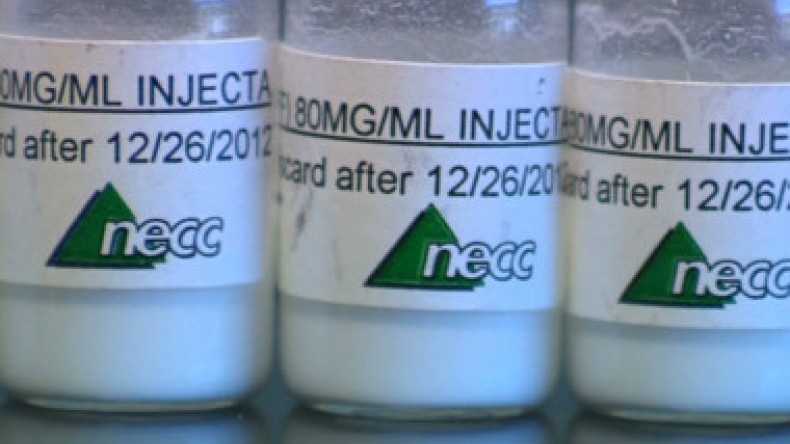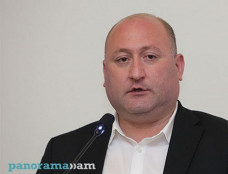
U.S.: Facility's drugs suspect in outbreak
More issues have been reported with drugs from a Massachusetts compounding pharmacy linked to a deadly multistate outbreak of fungal meningitis, federal officials said Monday, according to CNN.
Fifteen people have died from the non-contagious meningitis associated with injections of a contaminated steroid produced by the New England Compounding Center.
As part of the ongoing investigation into the center, a patient with possible meningitis has been identified who received injection of another NECC product, triamcinolone acetonide, the Food and Drug Administration said.
And fungus infections from Aspergillis, one fungus linked to the meningitis outbreak, were reported in two transplant patients who received cardioplegic solution from NECC, the FDA said. Cardioplegic solution is used to induce paralysis of the heart during open-heart surgery.
The other fungus linked to the meningitis outbreak is Exserohilum, which the CDC says may not be easily detectable. A patient with a negative fungal test is not in the clear, officials have said.
The NECC on October 6 announced a recall of all its products. The FDA said Monday it has not confirmed the three infections were caused by NECC products, but noted, "the sterility of any injectable drugs ... produced by NECC (is) of significant concern, and out of an abundance of caution, patients who received these products should be alerted to the potential risk of infection."
Monday's announcement comes as the U.S. Centers for Disease Control and Prevention reported the number of meningitis cases increased from 205 to 214 cases in 15 states.
Two of the cases are a "peripheral joint infection" that specifically affects a joint such as a knee, hip, shoulder or elbow, officials said.
The cases have been linked to injections of a contaminated steroid, methylprednisolone acetate, produced by the NECC. Some 14,000 people may have received the injections, the CDC estimated last week.
A Minnesota woman, Barbe Puro, filed a lawsuit Thursday -- which may be the first from the outbreak -- against the Massachusetts pharmaceutical company at the center of the deadly incident. In it, she alleges she was injected in September with a tainted batch of steroids from the NECC.
Meanwhile, members of Congress on Friday expanded an investigation into the outbreak.
Newsfeed
Videos






























